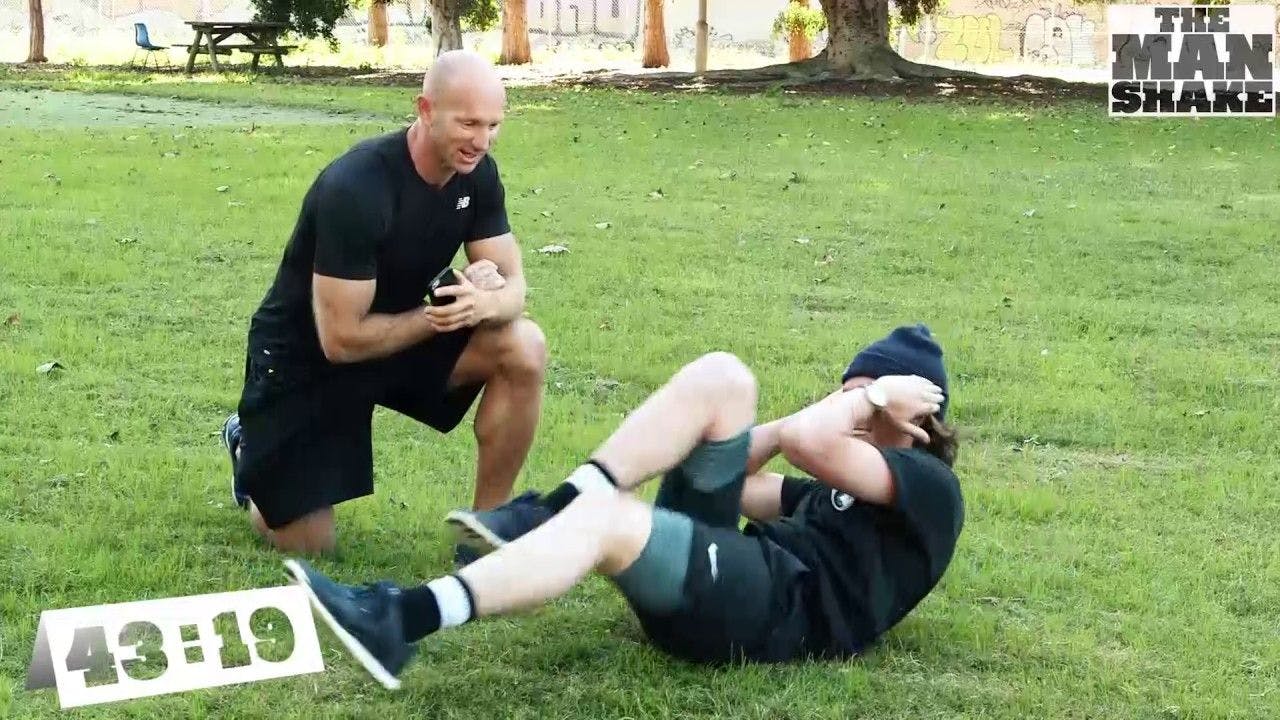Should You Be Worried About Your Knees Cracking?
•Fitness

Share
Have you gone to sit down or stand up and heard a killer cracking sound coming from your knees? Instantly makes you feel a hundred years old! While the sound may initially seem bad, for the most part, it isn’t anything to worry about. Let's find out when it is worth worrying about, though.
Why Do Knees Crack?
Before we start, we need to tell you that most knee cracks are perfectly normal.
The main cause of pain-free knee cracking is cavitation, which occurs when two surfaces that have formed a vacuum are subsequently snapped apart. In the case of your knees, this cavitation is caused when two joint surfaces snap apart and the joint fluid produces a little sound.
Another form of knee cracks is related to how your kneecap tracks. As the kneecap tracks on the end of the thigh bone, it can sometimes follow a path with a little bump within the cartilage. When it crosses this bump, there will be a little audible snap. Once again, this is perfectly normal.
The last cause of ‘normal’ knee cracks is crepitus, which occurs when the cartilage under the bone has worn down, and two surfaces of bone start grinding against each other. It is a common condition as people age and should not cause any concern unless it causes swelling.
When Should You Be Concerned About Knee Cracking?
You should only be concerned about knee cracking if it causes pain, swelling or stiffness. If any cracks or pops are accompanied by pain, it could indicate that your joint is unstable. Likewise, if your knee locks or gets stuck, something is probably wrong.
Other issues that may be causing pain, swelling and stiffness include meniscus tears, arthritis and cartilage damage. In extreme cases, the clicking could be related to avascular necrosis, which occurs when the blood supply to the bone gets injured, and the bone doesn’t receive enough blood. This can lead to the collapse of the joint, which in turn leads to clicking and knee pain.
How To Manage Knee Cracking
Often, knee cracking is linked to ageing, and while it is a common occurrence, it can indicate that your knee is a bit too weak. But this can be improved!
Standing up from a low position can put stress on the kneecap, particularly if your legs and body aren’t strong enough.
In this scenario though, people can improve their knees via strength and flexibility exercises. One option is to consult a physical therapist. Another solution is to get active — bike riding, swimming, running, strength and resistance training are all good for improving your knee strength.





